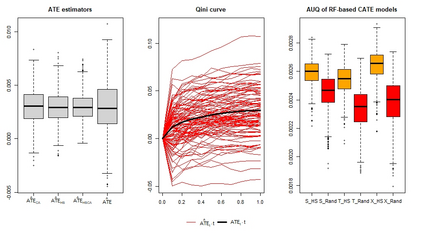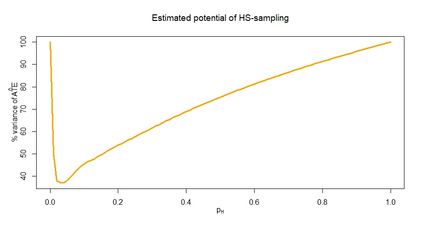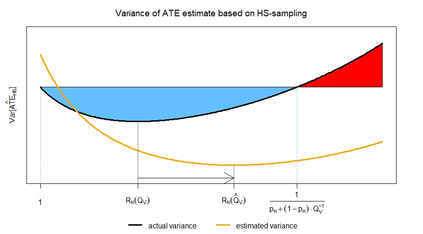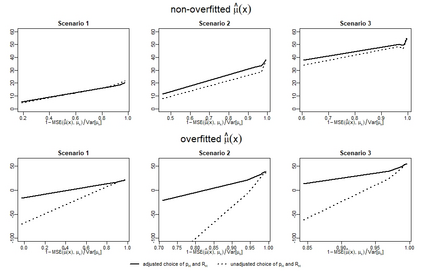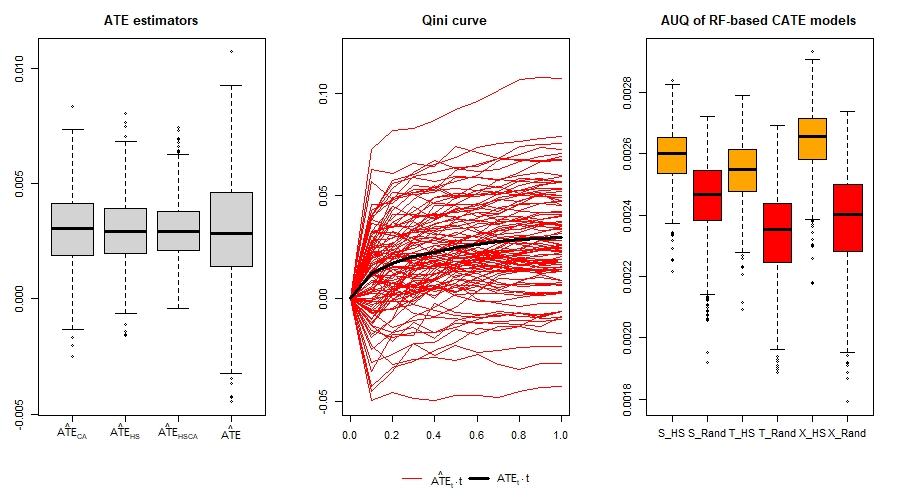In many business applications, including online marketing and customer churn prevention, randomized controlled trials (RCT's) are conducted to investigate on the effect of specific treatment (coupon offers, advertisement mailings,...). Such RCT's allow for the estimation of average treatment effects as well as the training of (uplift) models for the heterogeneity of treatment effects between individuals. The problem with these RCT's is that they are costly and this cost increases with the number of individuals included into the RCT. For this reason, there is research how to conduct experiments involving a small number of individuals while still obtaining precise treatment effect estimates. We contribute to this literature a heteroskedasticity-aware stratified sampling (HS) scheme, which leverages the fact that different individuals have different noise levels in their outcome and precise treatment effect estimation requires more observations from the "high-noise" individuals than from the "low-noise" individuals. By theory as well as by empirical experiments, we demonstrate that our HS-sampling yields significantly more precise estimates of the ATE, improves uplift models and makes their evaluation more reliable compared to RCT data sampled completely randomly. Due to the relative ease of application and the significant benefits, we expect HS-sampling to be valuable in many real-world applications.
翻译:暂无翻译

